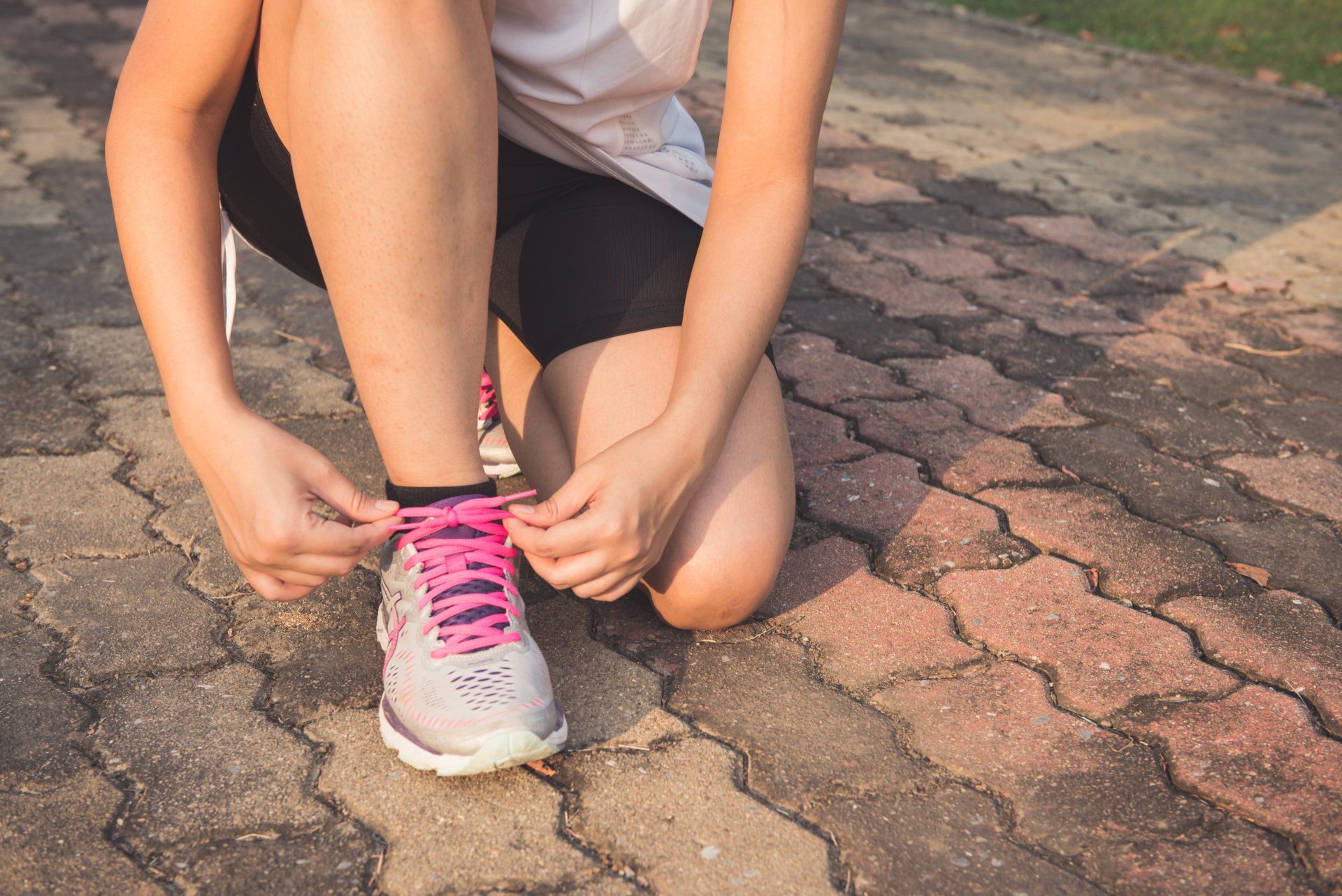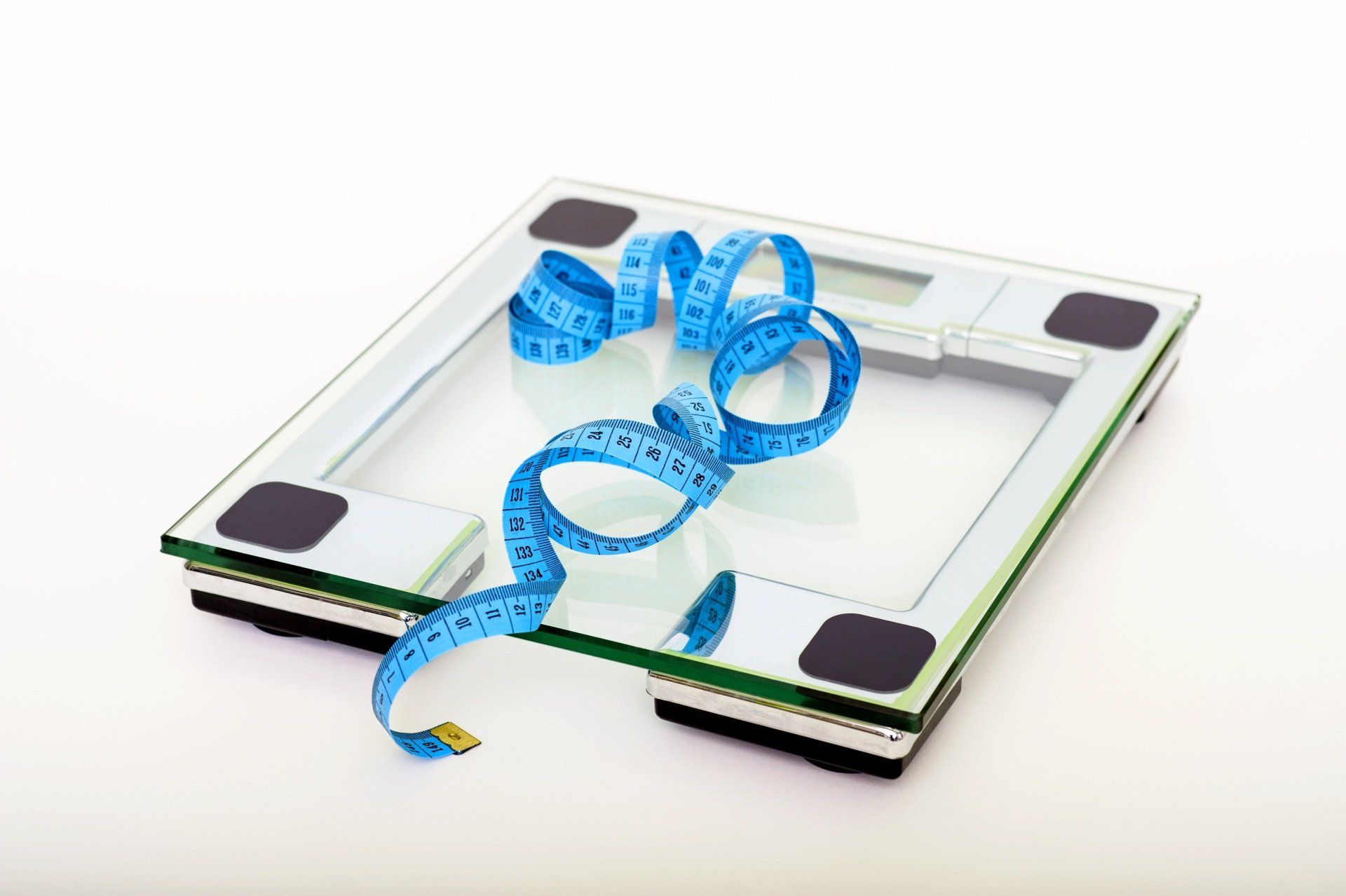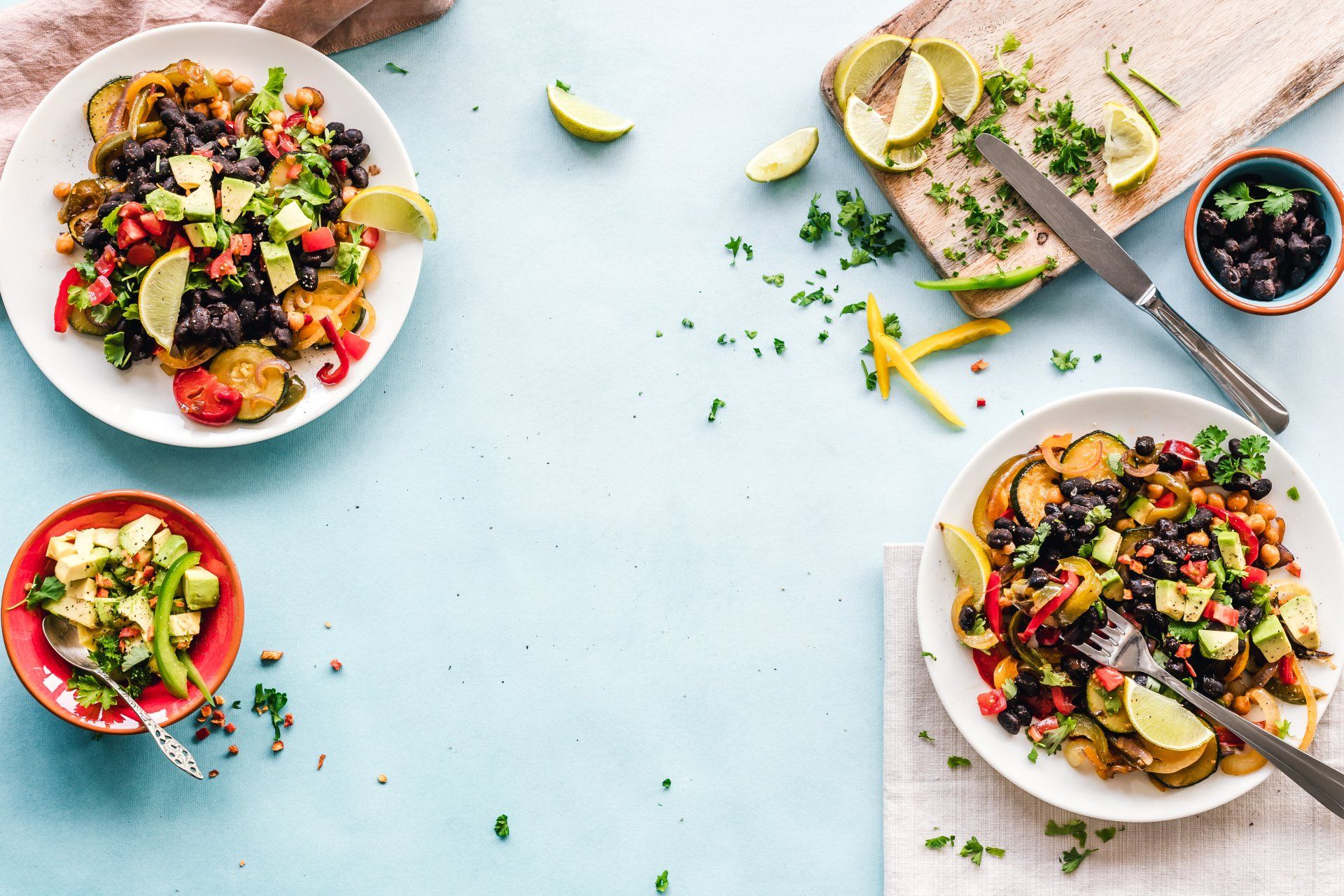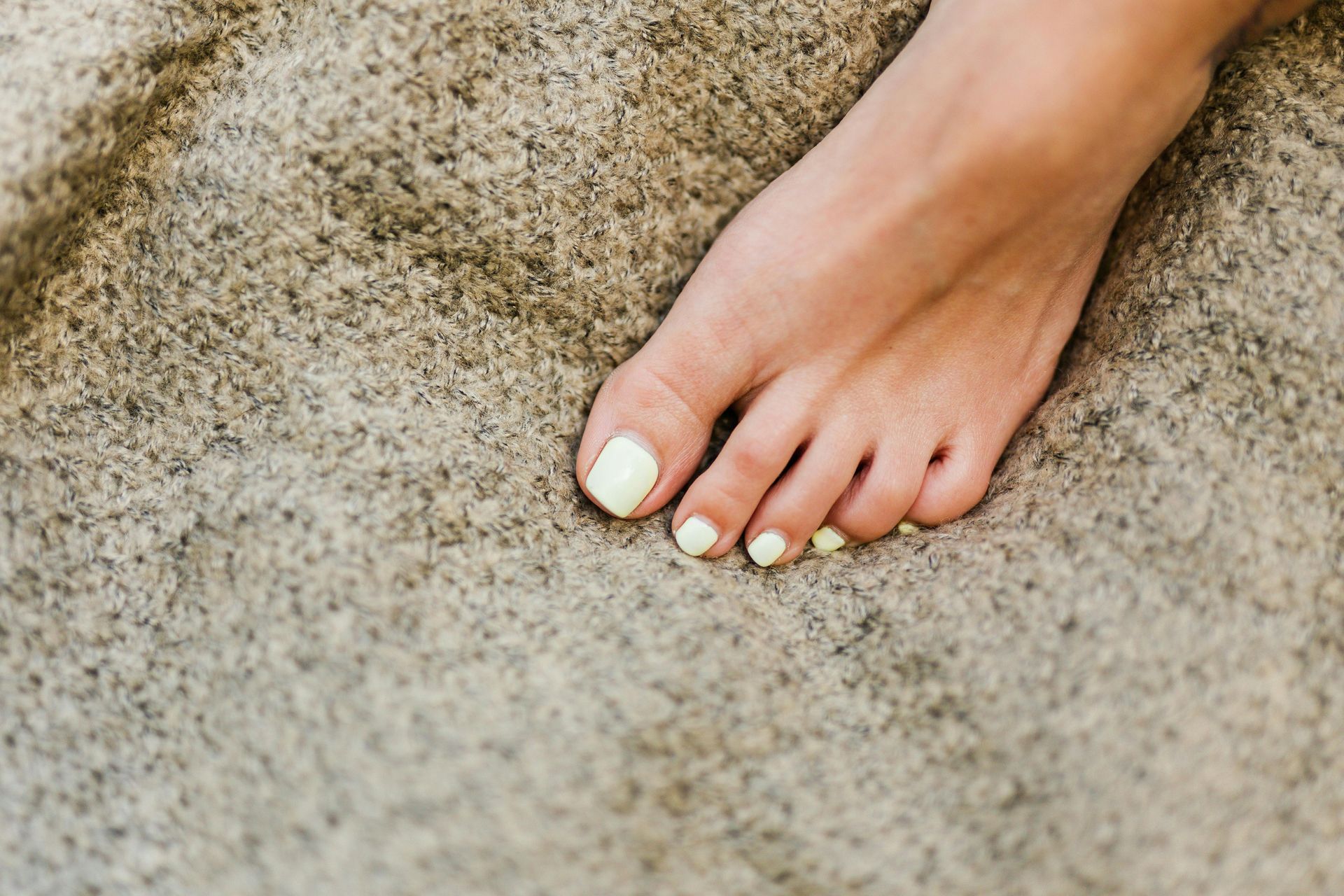Ok, we've all done it. Weight Watchers, Slimming World, Cabbage Soup Diets, Slimfast, "Cleanses".
They all work because you're substantially reducing your calorie intake.
But, there is no way that you can do this forever.
What are the things that work for me for a more sustainable approach?
1. Drink more water - your body gives you the same signals whether you're hungry or thirsty.
So before you eat something, drink some water.
Wait fifteen minutes and if you're still feeling the same, you may actually be hungry.
2. Eat more veggies
- they're full of fibre that make you feel fuller. Also, they make your gut biome happy.
And when your biome is happy, you're happy.
Extra points for adding lots of colour to your plate for all the health-giving vitamins, minerals and anti-oxidants.
3. Eat enough lean protein - extra points for making it plant protein (e.g. beans, pulses, lentils). Protein keeps you feeling fuller for longer, so you're less likely to graze.
4. Eat less processed food and highly refined sugar. They're highly correlated with cardio-vascular disease, strokes, high cholesterol, diabetes....and the list goes on.
Also, they're usually high in calories while being low in nutritional value.
5. Ditch the booze. This is literally liquid sugar with zero nutritional value. It's also a Group 1 carcinogen, in the same group as tobacco and radiation.
6. If it works for you, try keeping a food diary so that you can be intentional and really know what you ate.
It's super easy to eat without thinking or even really noticing what you're eating. I speak from the place of someone who finds it hard to eat just one biscuit.
7. Don't make yourself miserable over it. Life's too bloody short!
Just making it clear that I'm not a trained nutritionist and I can't write diet plans for you.
I am, however, someone who does their research.
So if you've got questions and want some help with general nutritional info, please get in touch - happy to point you towards facts and research!















